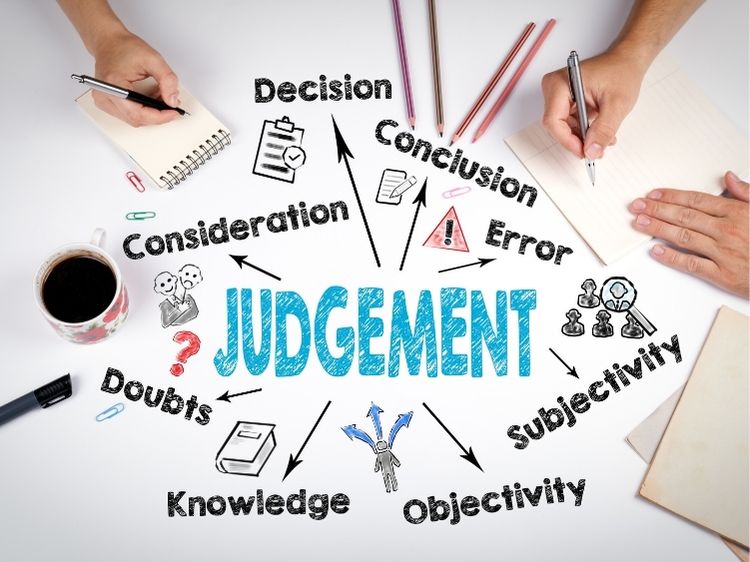No one anticipates investing in an expensive car or other major purchase only to have it turn out to be defective in terms of usability, safety, or value – that’s why the Lemon Law exists: to help protect consumers in these frustrating instances and make things right again for them. Let’s dive deeper and uncover everything there is to know.
What Is the Lemon Law?
The Lemon Law is a set of state and federal regulations designed to safeguard consumers from defective vehicles. While individual state regulations differ in their provisions, in general these laws require manufacturers to repair, replace or refund defective products that do not meet reasonable quality and performance standards. While generally applicable to automobiles only, under certain conditions this protection can extend to other consumer goods as well.
At its core, the Lemon Law safeguards consumers against being left with defective products that manufacturers cannot repair within an acceptable timeframe. It offers recourse for consumers who unwittingly purchase vehicles or products with significant defects that compromise use, safety, or value.
How the Lemon Law Works
When purchasing a product that falls into the definition of “lemon”, consumers usually have the right to demand an answer from its manufacturer. This typically involves several steps, beginning with notifying them of any defects and giving them time to attempt repairs; if that fails after several attempts have been made then Lemon Law may come into play, allowing consumers to pursue replacement, refund, or compensation action against that manufacturer.
What constitutes an appropriate number of repair attempts depends on the jurisdiction. Some states consider 30 or more days since repairs began as reasonable attempts; other jurisdictions might focus on whether defects pose significant safety threats like brake or steering malfunctions.
Key Requirements to Qualify for Lemon Law Protection
To be eligible for Lemon Law protection, consumers must typically meet two criteria. First, any defect must occur within an allotted time or mileage period set by state laws; and secondly, it must significantly impair product use, value or safety – cosmetic or minor issues like squeaking doors generally do not qualify as grounds for protection under Lemon Law.
Consumers must also keep detailed records of all repair attempts and communications with manufacturers to strengthen their case and ensure a smooth Lemon Law claim process.
Common Misconceptions Regarding the Lemon Law
Many consumers mistakenly believe that the Lemon Law only covers purchases of new vehicles, while in fact many states provide protections for used or leased cars under certain conditions. Another commonly held belief is that consumers need legal representation when filing their claim; although legal assistance may prove useful in more complex cases, legal representation may not always be necessary to file one successfully.
Another popular myth is that filing a Lemon Law claim automatically guarantees a positive result. Unfortunately, manufacturers might argue against such claims by asserting either that their defect doesn’t meet legal criteria or that consumer was at fault in creating issues. Therefore, understanding and gathering thorough documentation are vital elements in successfully making such claims.
Why the Lemon Law Matters
The Lemon Law is an essential consumer protection mechanism, providing individuals with legal recourse when purchasing defective products from manufacturers. Without it, buyers could face substantial financial and safety losses. By setting quality standards and offering legal recourse mechanisms for any disputes that arise in a marketplace setting, it fosters trust between buyer and manufacturer while encouraging high-quality production processes from manufacturers.
Steps to Take If You Suspect You Have a Lemon
If you suspect your vehicle or product qualifies as a Lemon Law violation, your first step should be reviewing your state’s Lemon Law provisions and document all attempts at repair including dates, descriptions of defects and manufacturer responses. Contacting both manufacturer and dealer in regards to reporting issue/requesting resolution if this doesn’t help; otherwise you may have to escalate by filing a Lemon Law claim with consumer protection attorney(s).
Conclusion: Empowering Consumers Through Legal Protection
The Lemon Law serves as a safeguard for consumers, ensuring they don’t experience poor products that do not meet basic quality and safety standards. By understanding its workings, it allows you to confidently navigate its processes and secure fair resolution if a lemon ever presents itself – whether purchasing or leasing vehicles or investing in other significant items; knowing your rights under the Lemon Law is vitally important as part of being an informed shopper.







